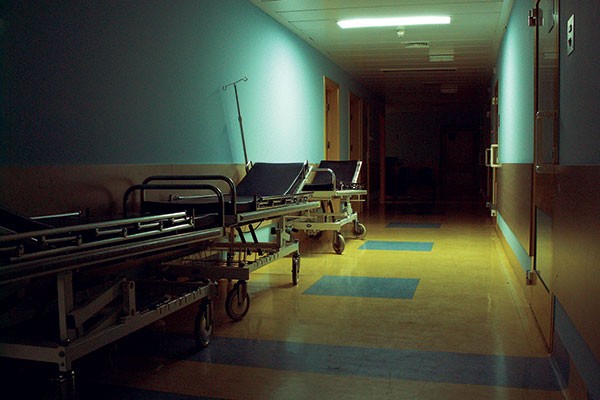A survey conducted by the New Zealand Medical Students’ Association (NZMSA) has revealed extensive bullying and sexual harassment of medical students in hospitals across New Zealand.
The survey focused on fourth-, fifth- and sixth-year medical students on clinical placements. Of the 772 respondents, 158 were based in Dunedin Hospital.
Out of all respondents, 54 percent said they had been sexually harassed or bullied at medical school. A total of 22 percent of the students said they had experienced sexist remarks, and 17 percent had heard or received racist remarks. 30 students had been bullied based on their gender identity or sexual orientation.
The majority of students, 57 percent, said they had been bullied verbally – defined as “called names, humiliated, insulted”.
Students were asked which professionals commonly carry out bullying: 70 percent said consultants were perpetrators, 26 percent reported bullying from registrars and 42 percent of respondents reported bullying from nurses. Students were allowed to choose more than one option.
Tash Austin, president of the Otago Medical Students’ Association, said she has heard “a number of disturbing stories” from those working in clinical placements. “There is a lot of worry among preclinical students about just what is waiting for them in the hospital.”
Elizabeth Berryman, president of the NZMSA, said the report “confirms what everyone has known for a long time … bullying and sexual harassment [are] widespread in our hospitals”.
“We are at the bottom of the medical hierarchy,” said Berryman. “Students make particularly easy targets for bullying and sexual harassment, [and we have] little way to fight back.”
Berryman said the power discrepancy between the victims and perpetrators is “scary … the threat of [losing] future career prospects is at stake”.
Only 13 percent of the students who had experienced sexual harrassment or bullying said they had reported it.
The Royal Australasian College of Surgeons’ advisory group on discrimination, bullying and sexual harassment recently dubbed it “career suicide” for medical students to make a complaint.
Communications manager for the NZMSA, Alistair Lock, said students often feel that if a complaint is made, this will result in a failed grade, and “possible prevention from entry into speciality programmes” later in their career.
Lock also said the current process of complaining is not confidential, “which is a major cause for concern”.
The New Zealand Medical Council could not comment before print deadline, but the chair of the council, Andrew Connolly, said in a press release that bullying should not be tolerated in the medical community.
“The culture that has accepted discrimination, bullying and sexual harassment in surgery, but also elsewhere in a hospital or other workplace has to change,” said Connolly.
Connolly said the council is working with different stakeholders to get rid of the normalisation of bullying.
“We need to create a safe work environment that values and nurtures people and gives them the confidence to speak out about unsafe work practices, without further intimidation or harassment,” he said.
“It is no longer OK to be silent about bad behaviour because someone has a position of power or authority.”
A spokesperson for the Southern District Health Board said bullying will not be tolerated in their hospitals.
“We have a number of policies that guide our expectations when it comes to employee behaviour … Disruptive, abusive or threatening behaviour is a serious breach of our Code of Conduct and Integrity.”
Barry Taylor, the dean of the Medical Department at the University of Otago said “from an educational view … you don’t learn very well when you’re under that kind of stress”.







